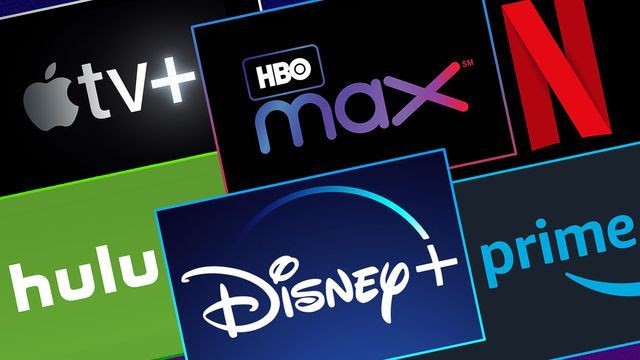Wiley to FCC: Broadcasters need deregulatory help
Former FCC chairman Dick Wiley said last week that television broadcasters are primarily a single-channel service operating in a multichannel world, and they need deregulatory help from the current FCC.
Wiley was questioned by former Republican FCC commissioner and Hudson senior fellow Harold Furchtgott-Roth during an interview at the Hudson Institute, a conservative think tank based in Washington, D.C. A partner in the Wiley Rein communications law firm, Wiley told the audience that he understood the FCC's current focus on broadband rather than traditional broadcasting. However, he said that broadcasting is still an important service that needs to maintain its retransmission consent rules and to change rules governing local ownership and cross-ownership limits.
Wiley is one of the nation’s top lawyers and represents both broadcasters and cable operators, as well as telcos and others in the communications industry.
Because broadcasting is essentially a single-channel service, he said it needs to maintain its dual revenue stream — advertising and retransmission consent for multichannel carriage.
Broadcasters, he said, are now getting full value for their channels, and complaints about the rising cost of cable programming are more the fault of sports programming than broadcasters.
While Wiley thinks retransmission should be left as is, he expects the concept to be challenged as part of the debate over reauthorization of the Satellite Television Extension and Localism Act (STELA), which expires at the end of next year.
The FCC, he said, needs to consider the definition of a multichannel video provider so it can settle what the carriage obligations are for over-the-top video providers. Such Internet-based video providers, he said, are a major force that the FCC needs to deal with sooner rather than later.
Current FCC chairman Julius Genachowski, he said, has not been particularly focused on media ownership, and Wiley isn’t sure the FCC will finish reviewing the issue anytime soon.
A combination of factors are slowing down the media ownership consideration, he noted. Regardless of the party in power, such an issue always takes time to pass through Congress, he said. Media ownership is so controversial that it’s tough to get any changes made involving the issue, Wiley said.
However, he said media ownership changes are needed. The FCC, under Wiley’s chairmanship, approved the ban on broadcast-newspaper cross-ownership. Genachowski, the chairman now, has proposed loosening the ban.
Wiley has had a change of heart on the issue, and now advocates eliminating the ownership ban altogether. When the original ban was adopted in the mid-1970s, the FCC was afraid of newspapers becoming too dominant. That, he now notes, is no longer true and the rule is obsolete.
Finally, Wiley said it is time to start thinking about a next-generation digital transmission standard for the new mobile world of anytime viewing on any device. Such a standard, he said, would probably take more than a decade since it would not be backward-compatible and would probably require a new generation of receivers.
When the public sees ultrahigh definition TV — the new UltraHD 4K standard — they will likely want it, Wiley said.
Get the TV Tech Newsletter
The professional video industry's #1 source for news, trends and product and tech information. Sign up below.
